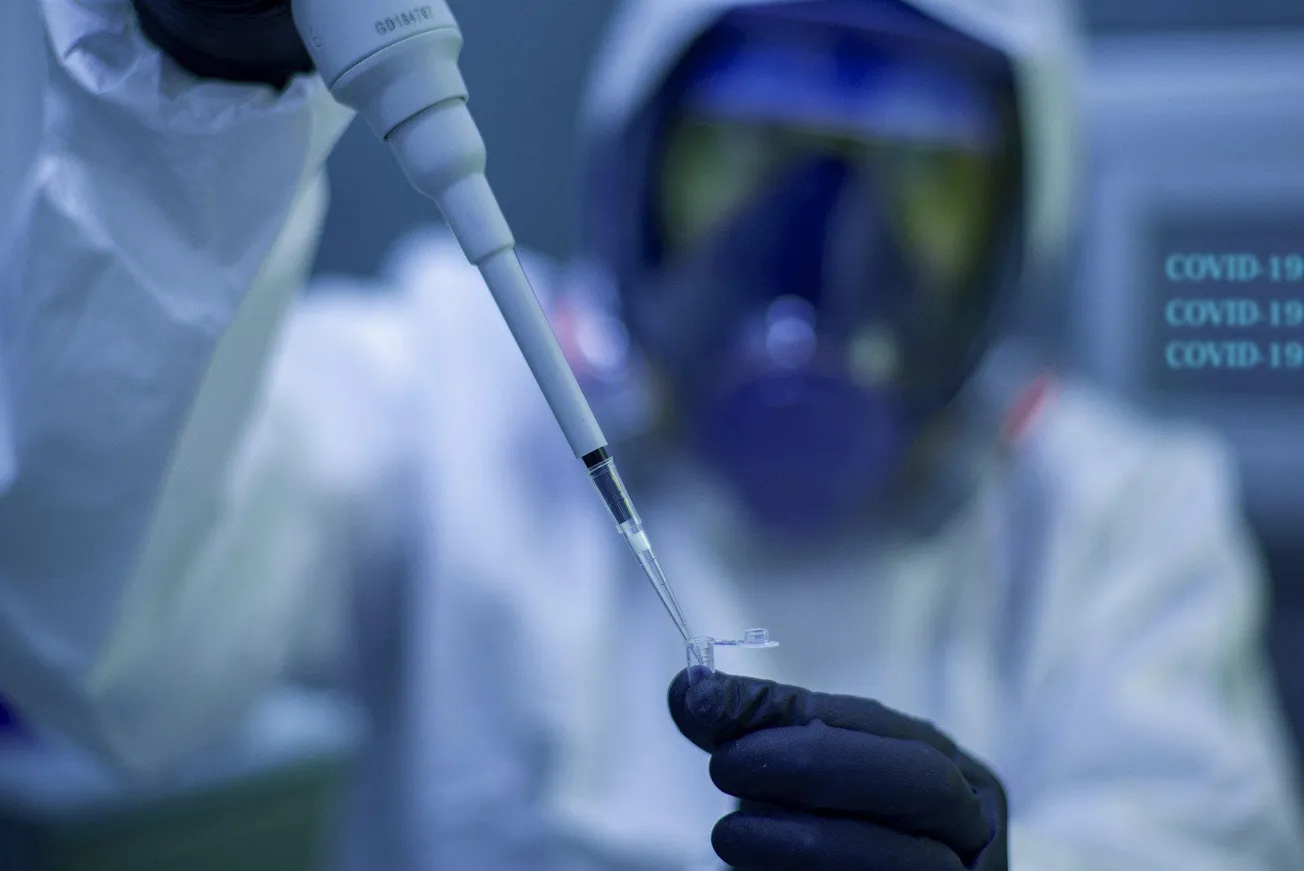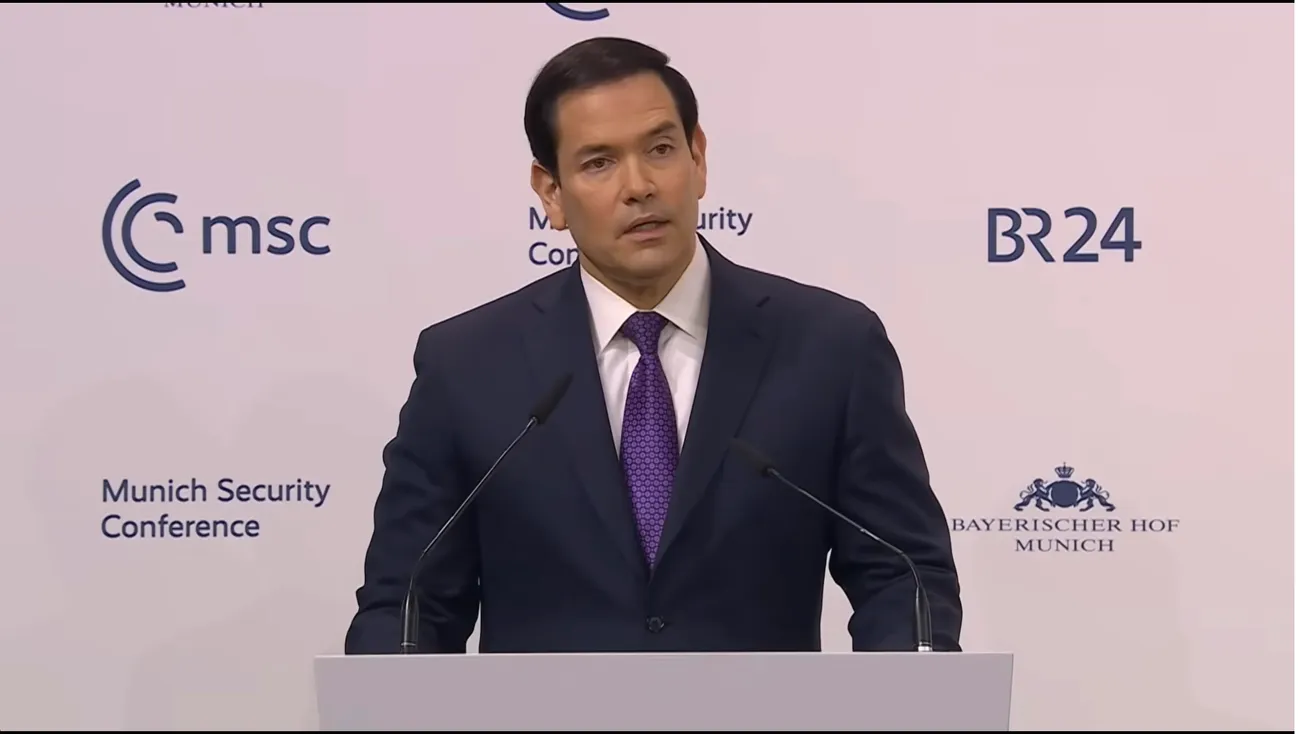On July 23, World Health Organization Director-General Tedros Adhanom Ghebreyesus held a press conference following the International Health Regulations (IHR) Emergency Committee meeting regarding the multi-country outbreak of monkeypox. Since the IHR couldn’t reach a consensus, it fell to the Director-General to make the call; he decided to raise the alert status to its highest level, calling it a “public health emergency of international concern.”
WHO defines the designation as “an extraordinary event which is determined to constitute a public health risk to other states through the international spread of disease and to potentially require a coordinated international response.” This is a call to action for coordinated efforts by nations to address a public health crisis of potentially global reach and implies a situation that is “serious, sudden, unusual, or unexpected.”
According to the U.S. Centers for Disease Control and Prevention (CDC), as of July 22, the global cases of monkeypox are now 16,836 in 74 locations; in the U.S. there are now 2,891 cases in 44 of the 50 states plus Puerto Rico.
In his statement, Ghebreyesus emphasized that “we have an outbreak that has spread around the world rapidly, through new modes of transmission, about which we understand too little, and which meets the criteria in the International Health Regulations.”
He identified his recommendations for dealing with the outbreak, stating: “Accordingly, I have made a set of recommendations for four groups of countries:
“First, those that have not yet reported a case of monkeypox, or have not reported a case for more than 21 days; second, those with recently imported cases of monkeypox and that are experiencing human-to-human transmission.



